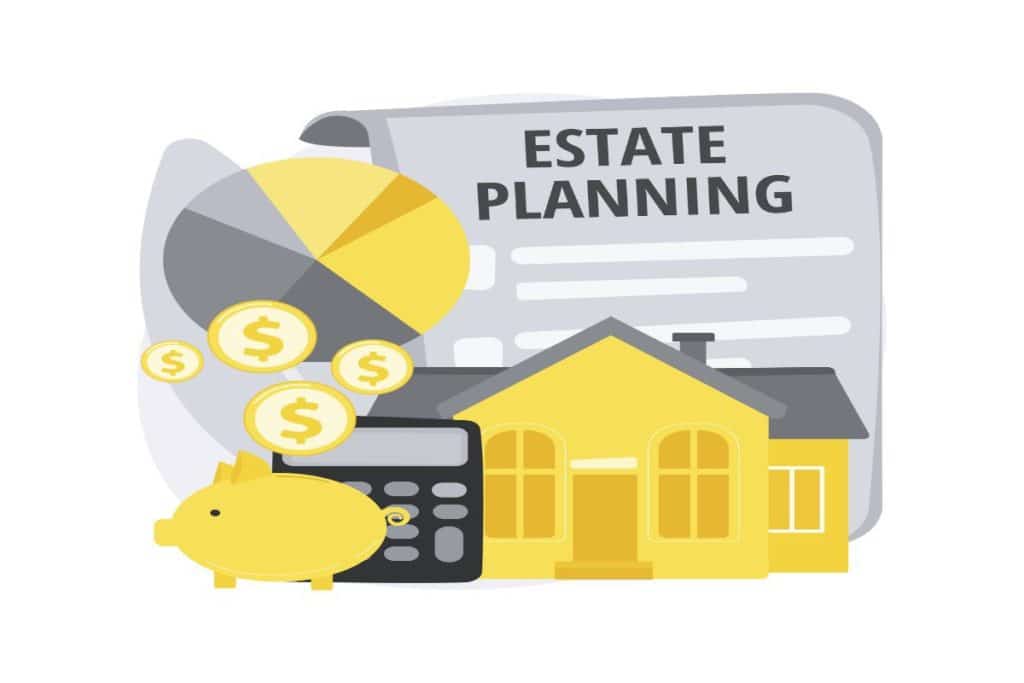When you’re a business owner, there is more to consider when thinking about your estate plan. There is also more at stake for your family to sort out if you were to pass without a plan. If you’re considering starting your business owner estate planning journey and are seeking some practical tips, here are a few we have compiled to get you thinking about how you would like your legacy to look.
1.) Like your personal estate plan, your business should have a power of attorney
In our personal estate plan, we set up a power of attorney for several reasons: for health-care decision-making, to maintain our financial affairs, and limited powers of attorney for specific duties. When you own a business, a power of attorney is just as important to ensure operations do not come to a screeching halt if something unexpectedly happens to you. If you are incapacitated or are otherwise unable to tend to your business affairs, you want someone you can trust to take care of payroll, pay commercial rent, pay necessary subscription services, and other operational costs.
2.) Consider a succession plan
If you know you would like to pass the business down to a successor, you may have someone in mind or you may have yet to find a suitable candidate. In any event, it would be wise to start your business owner estate planning now on how you can make this transition as seamless as possible to preserve the value of the business even after you are no longer in charge. This will look different depending on your management style, company culture, and how long the phase-out will last. You can start by, for example: talking to employees, notifying vendors, drafting handbooks, preparing clients, and most importantly, having a solid succession plan in writing.
3.) Consider a buy-sell agreement
If you do not have a successor or you have multiple business partners, you should consider drafting a buy-sell agreement, which outlines the terms by which your business interest can be purchased upon your death. Whether you want your business partners to be able to buy your interest, you want to pass it down to your heirs, or you’d like your interest to go to a third party, a buy-sell agreement is key to saving your loved ones and stakeholders the headache of sorting this out when you’re gone.
4.) Let others know about your estate plan
When you are a business owner, there is more cause for confusion among your survivors if you do not leave an estate plan in place. You may be used to playing your cards close to the vest, but transparency is essential to carry out your wishes here. Even if you do have an estate plan, it is virtually nonexistent if nobody knows about it or where it is. When you can no longer manage the business, you want your authority handed over as soon as possible.
5.) Nothing is certain but death and taxes
Business owner estate planning is inherently proactive and forward-thinking. Tax efficiency should be incorporated within your plan at each stage. It is accomplished by your estate planning attorney and a trusted tax advisor helping you sort through the options. This may entail setting up trust or other entities or even preparing heirs for the tax obligations if they are taking over the business. Imagine a scenario where your heir has the business, but they do not have the immediate funds to pay for taxes—this is an instant problem for your heir and your business. With proper business owner estate planning, such a scenario can be avoided altogether.
6.) Consider purchasing life insurance
When it comes to our home, if we are the head of the household we probably have a life insurance policy to protect our family from financial hardship if something were to happen to us. Likewise, it’s a good idea to consider the same for the business. The policies are designed to cover persons who work in key roles within a company, which includes you and any business partners. The proceeds of life insurance can help fund buy sell agreements, provide cash for liquidity to maintain the business during the time of transition following your death, etc.
7.) Do not forget your digital assets
Your business has digital assets you should include in your estate plan. Digital assets are defined as anything stored or accessed in a digital format. For our business, this includes your social media accounts, payment systems, e-commerce platforms, data storage accounts, communication software, and proprietary assets such as intellectual property. These assets are part of the business’s overall brand and can diminish the value if left inaccessible.
Business Owner Estate Planning Near You
If you have not started your business owner estate planning process, consider contacting an estate planning attorney when you are ready to put your legacy on paper. We’d love to hear from you! If you’re interested in learning more on how to protect your legacy, like to invite you to attend one of our informative and interactive workshops. You’ll leave the seminar with newfound knowledge on making your estate plan work for you, avoiding common pitfalls, and the answers to some of our most frequently asked questions.




